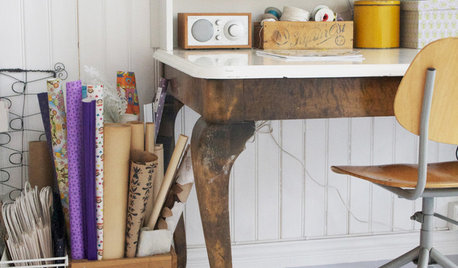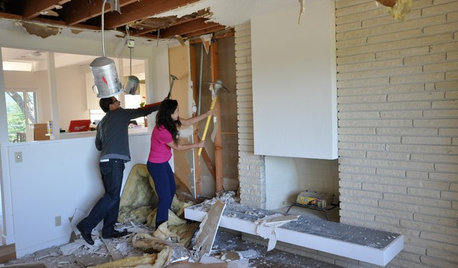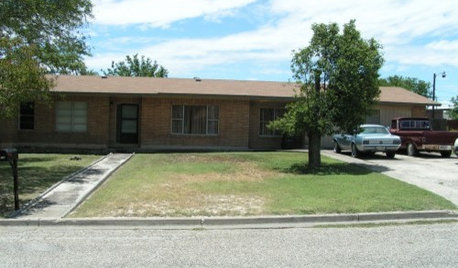Help! Cost basis with no receipts....
r m
2 years ago
last modified: 2 years ago
Featured Answer
Sort by:Oldest
Comments (21)
res2architect
2 years agolast modified: 2 years agoRelated Professionals
Farmington Home Builders · Riverton Home Builders · South Hill Home Builders · Enumclaw General Contractors · Melville General Contractors · Davidson General Contractors · Foothill Ranch General Contractors · Haysville General Contractors · Lincoln General Contractors · San Carlos Park General Contractors · Sauk Village General Contractors · Tuckahoe General Contractors · Wallington General Contractors · Saint Paul Home Stagers · Wanaque Interior Designers & Decoratorsbpath
2 years agosushipup1
2 years agobpath
2 years agoSusan Murin
2 years agoElmer J Fudd
2 years agolast modified: 2 years agobpath
2 years agorusty hunter
2 years agoElmer J Fudd
2 years agolast modified: 2 years agojane__ny
2 years agorrah
2 years agojlhug
2 years agolast modified: 2 years agoElmer J Fudd
2 years agoweedyacres
2 years agorusty hunter
2 years agoElmer J Fudd
2 years agoweedyacres
2 years agomarionodicio
2 months ago
Related Stories

ORGANIZINGHelpful Catch-Alls Keep Visual Clutter at Bay
What a difference it makes when you corral your stuff in pretty bowls, baskets or crates
Full Story
WORKING WITH PROS3 Reasons You Might Want a Designer's Help
See how a designer can turn your decorating and remodeling visions into reality, and how to collaborate best for a positive experience
Full Story
MOST POPULAR9 Real Ways You Can Help After a House Fire
Suggestions from someone who lost her home to fire — and experienced the staggering generosity of community
Full Story
DECLUTTERINGDownsizing Help: How to Get Rid of Your Extra Stuff
Sell, consign, donate? We walk you through the options so you can sail through scaling down
Full Story
DECLUTTERINGDownsizing Help: How to Edit Your Belongings
Learn what to take and what to toss if you're moving to a smaller home
Full Story
SELLING YOUR HOUSE10 Low-Cost Tweaks to Help Your Home Sell
Put these inexpensive but invaluable fixes on your to-do list before you put your home on the market
Full Story
REMODELING GUIDESWisdom to Help Your Relationship Survive a Remodel
Spend less time patching up partnerships and more time spackling and sanding with this insight from a Houzz remodeling survey
Full Story
DISASTER PREP & RECOVERYHurricane Harvey: How You Can Help
Want to donate or volunteer to aid victims of the storm? Here are groups assisting with disaster relief and recovery
Full Story
ORGANIZINGDo It for the Kids! A Few Routines Help a Home Run More Smoothly
Not a Naturally Organized person? These tips can help you tackle the onslaught of papers, meals, laundry — and even help you find your keys
Full Story







sushipup1